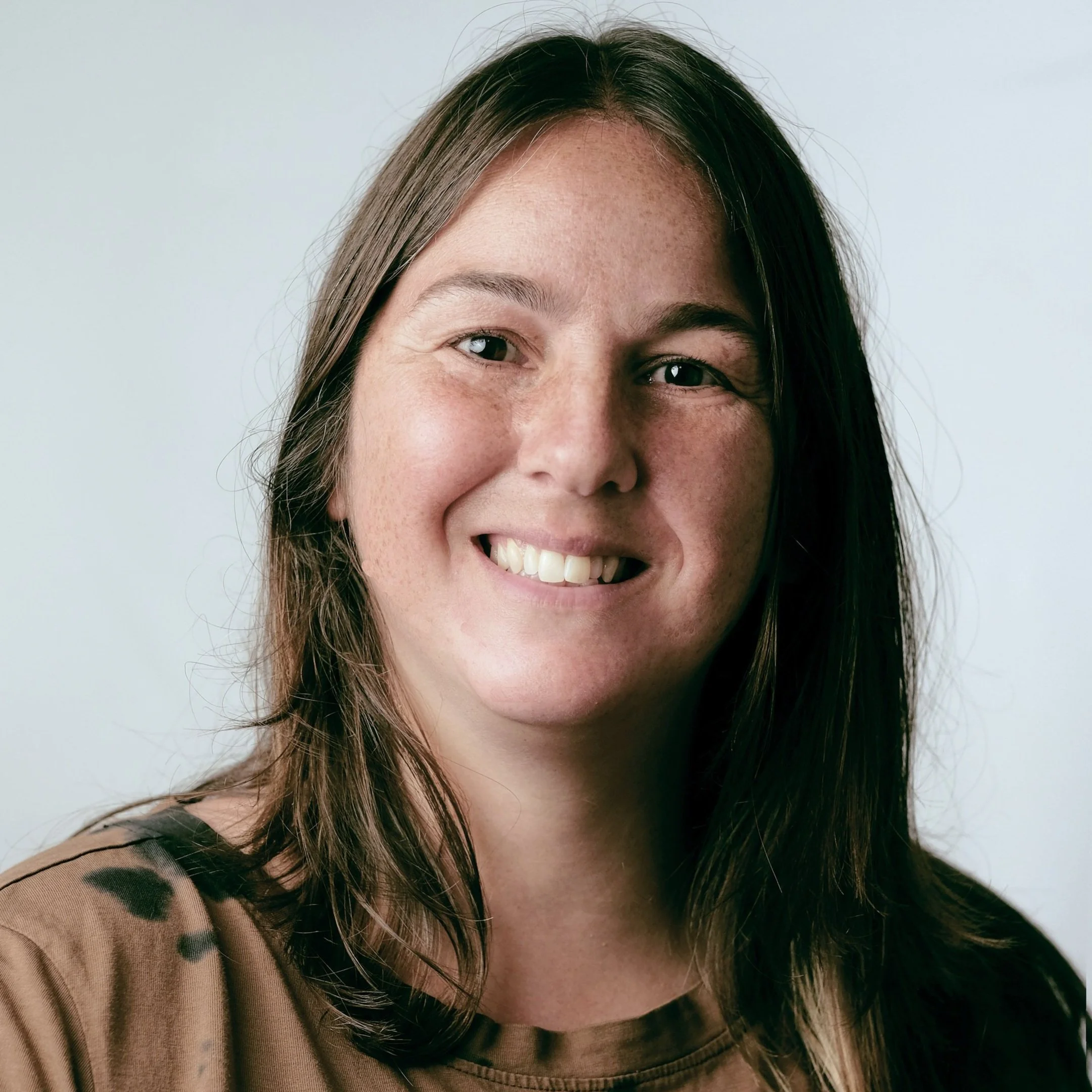Sarah Constantine, PhD, Licensed Psychologist
Individual, Couples & Relationship Therapy
Attachment and relationship-focused psychotherapy
Online and in-person in Park Slope and Carroll Gardens, Brooklyn
Inquire about a free 30 minute Zoom consultation
Welcome
Would you like to move through the challenges in life with more ease, calm and fulfillment? I have experienced depression and anxiety, and I know how hard it is to weather emotional lows and keep moving forward. It’s both my professional and personal experience that prioritizing physical and emotional self-care and setting healthy boundaries in relationships protects and strengthens mental health as well as physical wellness.
My professional purpose is to help clients recognize and disrupt unhealthy patterns in their lives involving their closest relationships. I work with individuals and couples on cultivating more awareness and compassion towards self and others, and on more thoughtful and effective navigation of relationship conflict. I support clients in discovering and advocating for their own needs and desires in relationships, while also being open and responsive to the perspectives and needs of significant others.
For couples and relationship therapy, I specialize in Emotionally Focused Therapy for couples (EFT-C), an empirically validated, structured and active therapy model that focuses on deepening emotional and physical intimacy and creating more secure, resilient and fulfilling relationship bonds.
About me
I have 17 years experience as a psychotherapist in NYC, assisting clients with relationship concerns, anxiety, depression, life transitions, relationship trauma, grief, sexual concerns, and existential and identity-related distress. I trained as a clinical psychologist and earned my doctorate from the City College of New York (CUNY) in 2017. During my graduate training, I received supervision and practiced psychotherapy at community mental health clinics, a college counseling center, a group home for adolescents in foster care, and in the Psychiatry department of Mount Sinai Beth Israel Medical Center. After earning my doctoral degree, I completed a two-year postdoctoral fellowship specializing in Emotionally Focused Therapy for couples as well as individual psychotherapy focused on attachment, relationships and sexuality.
I started my private practice in 2019, a few months before the COVID pandemic, and transitioned to working with clients through telehealth. A became a parent to a human in 2020, and I enjoy working with expectant, new and experienced parents by providing support in the areas of work-family balance, investment in physical and mental health, personal fulfillment, and developing and nurturing healthy relationships. While most of my clients currently prefer the convenience of virtual therapy, I do meet with some clients in-person at offices in Park Slope and Carroll Gardens, Brooklyn. You are welcome to ask me about in-person availability.
Having lived and worked abroad in India and Thailand, and having travelled considerably in my youth, I am skilled at building relationships across cultures and attuned to cultural influences in my clients’ lives. I affirm LGBTQIA+ identities, and believe therapists have a responsibility toward anti-racist action and intersectional justice. I work with individuals and couples who practice monogamy as well as those who practice consensual non-monogamy.
Therapeutic Approach
Attachment theory is a research-based psychological model that describes some of the key ingredients that sustain healthy, secure and fulfilling relationships throughout life. Attachment theory highlights the importance of being emotionally attentive and reliable, offering physical and emotional comfort, and allowing for appropriate autonomy, in developing strong and resilient relationships.
I’ve been researching, writing about and practicing psychotherapy grounded in attachment theory since 2008. While I don’t emphasize attachment labels, I’ve found that attachment wounds are often at the root of clients’ difficulties with trust and vulnerability. Many people grow up experiencing emotionally disappointing aspects of relationships with their parents or primary caregivers, and carry over negative patterns of thinking and relating into their adult relationships. It’s possible to process and heal some attachment wounds within oneself, and to repair emotional injuries that have occurred between romantic partners and in other significant relationships. Psychotherapy is a great way to have challenging conversations with yourself—assisted by a knowledgeable and supporting other —about how you want to nurture yourself and your close relationships.
Services & Investment
I value your time and effort in finding a therapist. After determining that we have mutual availability, I start with a free, informal 30-minute online consultation, to assess whether we seem like a good therapeutic fit. My fee varies depending on the service, time of day, length of session, and other factors. If we decide to proceed to a full consultation, a fee will be established during the informal consultation.
Individual therapy sessions are 45 or 60 minutes, depending on your preference. For couples and relationship therapy, sessions range from 60-90 minutes. I have found that different couples have varied preferences and capacities for longer sessions. We can determine what works best for you during the first two sessions.
While I no longer accept health insurance in-network, many of my clients have out-of-network benefits and receive partial reimbursement for psychotherapy. I can guide you through how to figure out your benefits. I provide a superbill at the end of each month with all the information you need to submit for out-of-network health insurance reimbursement, if your plan offers this.
In living my commitment to providing high quality psychotherapy to some clients who are unable to pay my standard rate, I have designated several sliding scale slots; please feel free to inquire about them. If I have no openings, I’ll be happy to provide you with a referral to a high- quality, and lower-cost provider or psychotherapy training institute.
I realize that psychotherapy is a significant investment of money, time and mental energy. I believe that addressing emotional difficulties at their roots and as they occur protects and promotes physical and mental health and improves the quality of our relationships in the long-term. I’ve made this investment in myself throughout my adulthood, and have cultivated a much more easeful, and fulfilling way to inhabit my life.

